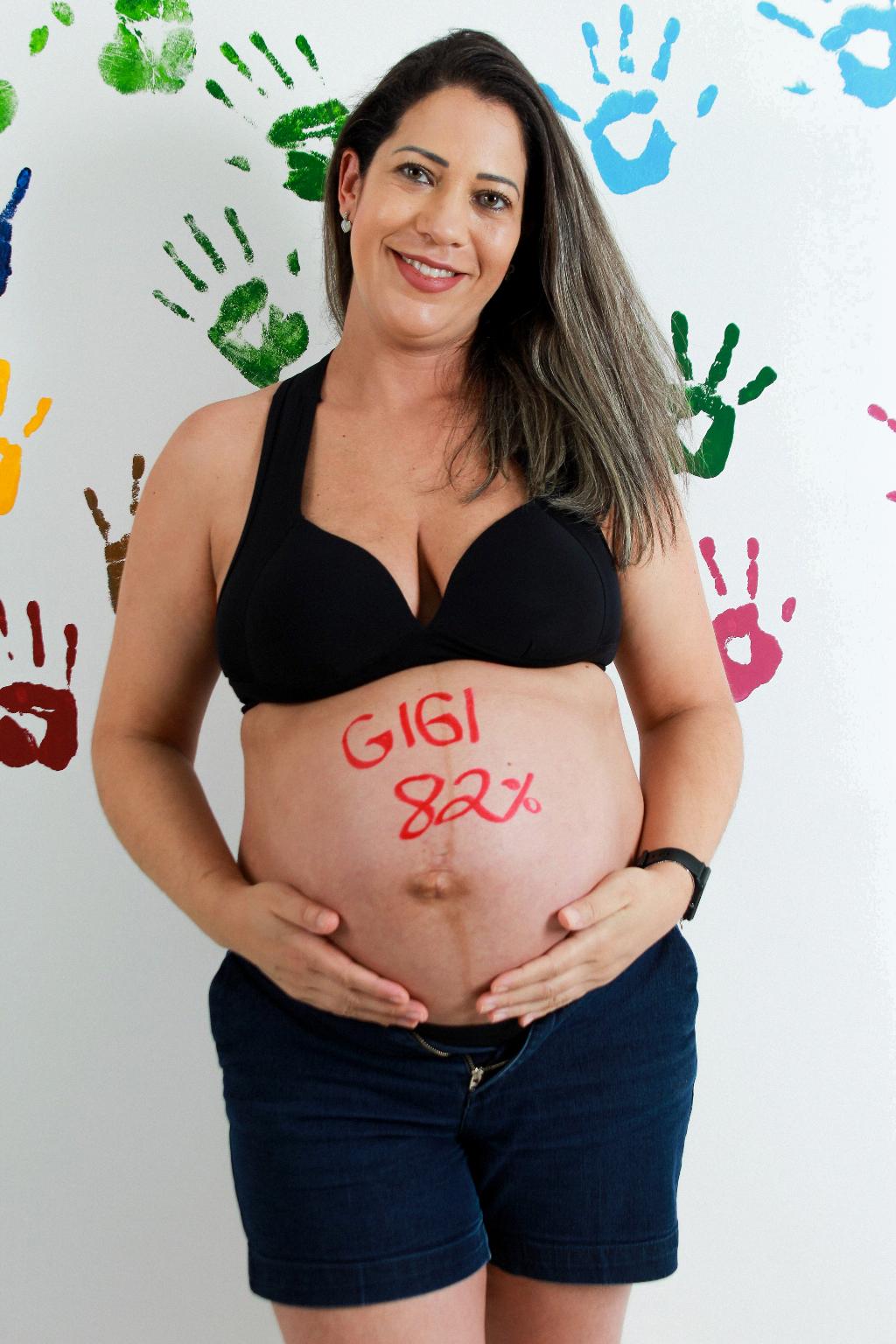When it comes to discussing blood type compatibility in pregnancy, understanding the potential risks associated with blood type differences between the mother and the baby is crucial. In the case of a mother with Type O+ blood and a baby with B+ blood, there are certain factors to consider to ensure a healthy pregnancy and a positive outcome.
Blood Type Incompatibility and Its Effects
In situations where the mother has Type O blood and the baby has B+ blood, there is a potential for blood type incompatibility to occur. This can lead to the mother’s immune system recognizing the baby’s blood as foreign and creating antibodies that may attack the baby’s blood cells.
Risks and Complications
The development of antibodies by the mother’s immune system in response to the baby’s blood cells can pose risks and complications during pregnancy. These antibodies have the potential to cross the placenta and attack the baby’s red blood cells, leading to a condition known as hemolytic disease of the newborn.
Preventive Measures
To prevent the development of antibodies and minimize the risks associated with blood type incompatibility, healthcare providers may recommend certain interventions. These may include regular monitoring of the baby’s blood levels, administering Rh immunoglobulin injections, and close monitoring throughout the pregnancy.
Managing Blood Type Incompatibility
In cases where blood type incompatibility is identified, healthcare providers will work closely with the mother to manage the condition and ensure the baby’s well-being. This may involve additional testing, diagnostic procedures, and specialized care to address any potential complications that may arise.
Consultation and Expert Guidance
It is essential for pregnant women with blood type differences to seek consultation and expert guidance from healthcare providers specializing in high-risk pregnancies. Such specialists can provide personalized care, guidance on managing potential risks, and support throughout the pregnancy journey.
Monitoring and Follow-Up Care
Regular monitoring and follow-up care play a critical role in ensuring the health and safety of both the mother and the baby in cases of blood type incompatibility. Healthcare providers will closely monitor blood levels, fetal development, and any signs of complications to intervene promptly if needed.
Positive Outcomes and Successful Pregnancies
With proper monitoring, preventive measures, and expert care, many pregnancies involving blood type differences have positive outcomes and result in healthy babies. Close collaboration between the mother, healthcare providers, and specialists can lead to successful pregnancies and safe deliveries.
Educational Resources and Support
Access to educational resources and support networks can empower pregnant women with blood type differences to make informed decisions and feel confident about their pregnancy journey. These resources can provide valuable information, guidance, and emotional support throughout the process.
Embracing the Pregnancy Journey
It is important for pregnant women facing blood type incompatibility challenges to embrace their pregnancy journey with positivity, resilience, and a proactive approach to managing any potential risks. With the right support system and healthcare team, navigating through these challenges can lead to a positive and rewarding experience.
Conclusion
In conclusion, while blood type differences such as O+ and B+ compatibility can present challenges during pregnancy, proactive management, expert guidance, and close monitoring can help ensure a successful outcome. By staying informed, seeking specialized care, and staying positive throughout the journey, pregnant women can navigate through potential risks and complications with confidence.

